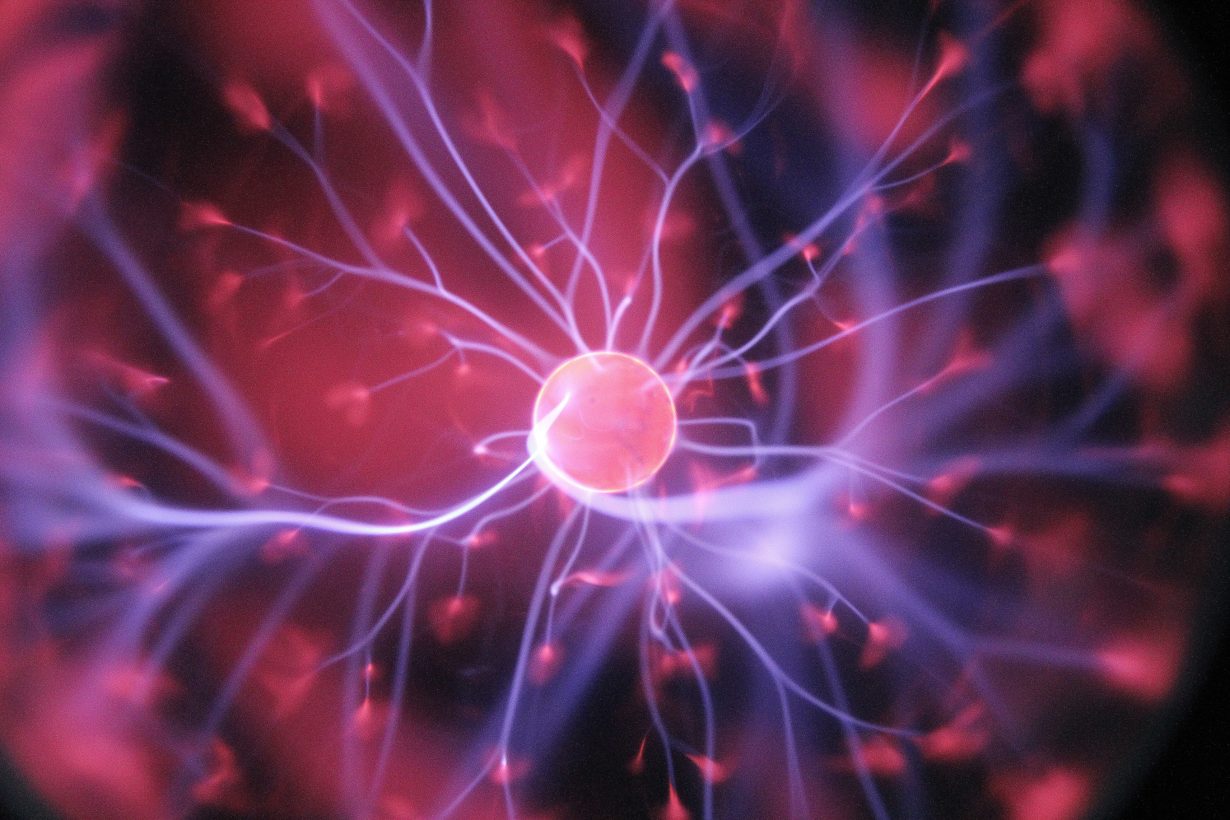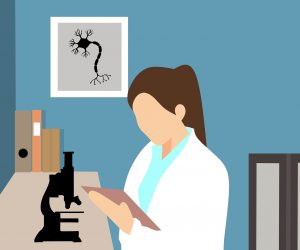
Two Sides of a Coin: Our Own Immune Cells Damage the Integrity of the Blood-Brain Barrier
Nagoya University via EurekAlert – The blood-brain barrier is a layer of cells that covers the blood vessels in the brain and regulates the entry of molecules from the blood into the brain.
Increases in blood-brain barrier “permeability,” or the extent to which molecules leak through, are observed in several neurological and psychiatric disorders; therefore, understanding the regulation of blood-brain barrier permeability is crucial for developing better therapies for such disorders.
In a study recently published in Nature Communications, a research team led by Prof. Hiroaki Wake of Nagoya University Graduate School of Medicine shows that microglia — the resident immune cells of the brain — initially protect the blood-brain barrier from damage due to “systemic inflammation,” a condition of chronic inflammation associated with factors like smoking, ageing, and diabetes, and leading to an increased risk of neurodegenerative disorders. However, these same microglia can change their behavior and increase the blood-brain barrier permeability, thereby damaging it.
“It has long been known that microglia can become activated due to systemic inflammation,” remarks Prof. Wake, “so we became interested in the question of whether microglia can regulate blood-brain barrier permeability.” To explore this, Prof. Wake’s team worked with mice that were genetically engineered to produce fluorescent proteins in the microglia. This “fluorescent labeling” allowed the investigators to use a technique called “two-photon imaging” to study the interactions of microglia and the blood-brain barrier in living mice. The investigators also injected the mice with fluorescent molecules that can pass through the blood-brain barrier only if the barrier is damaged enough to be sufficiently permeable. By observing the locations of these fluorescent molecules and the interactions of microglia, the research team could study microglial interactions with the blood-brain barrier and the permeability of the blood-brain barrier under various conditions.
A key point of interest was the systemic inflammation induced by injecting the mice with an inflammation-inducing substance. Such injections resulted in the movement of microglia to the blood vessels and increased the permeability of the blood-brain barrier within a few days. Then, the microglia initially acted to protect the blood-brain barrier and limit increases in permeability, but as inflammation progressed, the microglia reversed their behavior by attacking the components of the blood-brain barrier, thus increasing the barrier’s permeability. The subsequent leakage of molecules into the brain had the potential to cause widespread inflammation in the brain and consequent damage to neurons (cells of the nerves).
These results clearly show that microglia play a dual role in regulating the permeability of the blood-brain barrier. In describing his team’s future research objectives, Prof. Wake comments, “We aim to identify therapeutic targets on the microglia for regulating blood-brain barrier permeability, because drugs designed for such targets can be used to treat neurological and psychiatric diseases by curbing inflammatory responses in the brain.”
As the scientists note in their study, uncontrolled inflammatory responses in the brain can cause a range of cognitive disorders and adverse neurological effects, and drugs that target microglia may help patients avoid such problems by preserving the integrity of the blood-brain barrier. More studies are required to understand more about the processes underlying the microglial behaviors observed in this study. Nevertheless, the study’s results offer hope for the development of therapies that could “force” microglia to promote blood-brain barrier integrity and prevent microglia from transitioning to behaviors that damage the barrier.
To read the original article click here.






